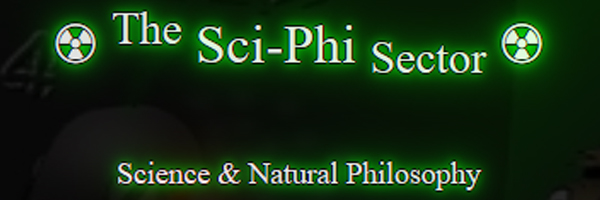Thermodynamics
Introduction
Thermodynamics is hella important for things & stuff.
Laws of Thermodynamics
First Law of Thermodynamics — states that energy can never be created nor destroyed, it merely changes forms.
Second Law of Thermodynamics — states that as work is done, usable energy is converted into useless energy, thus decreasing usable energy and increasing usable energy in any closed system as aforesaid work be done. This can be locally circumvented, however, as no known system is truly closed and thus systems may “borrow” usable energy from other systems, though the total entropy (disorder) of the universe (or multiverse, or whatever the all-subsuming layer of reality) must always increase as the amount of usable energy must always decrease.
Third Law of Thermodynamics — states that when matter is in its lowest-energy state, its entropy is at or near zero.
Thermodynamics in Biochemistry
[G] |
Gibbs Free Energy — |
[ΔG] |
Delta G — a change in Gibbs Free Energy. |
[ΔG°] |
Delta G nought — a change in Gibbs Free Energy under “standard conditions”, meaning all concentrations are at 1.0 M, temperature is at 298.15 K (25°C or 77°F), and pressure is at 1.0 atm (1.01325 bar). |
[ΔG°’] |
Delta G nought prime — a change in Gibbs Free Energy under “standard conditions”, meaning all concentrations are at 1.0 M, temperature is at 298.15 K (25°C or 77°F), and pressure is at 1.0 atm (1.01325 bar), just like ΔG°, but with the added parameter specifying a pH at 7.0 (proton concentration of 10-7 M). |
[Keq] |
Equilibrium Konstant — |
[ΔH] |
Delta H — a change in enthalpy. |
[ΔS] |
Delta S — a change in entropy. |
Articles & Essays
The 2nd Law of Thermodynamics: What it Really Means for Evolution
While many creationists claim that evolution is about organisms becoming more complex over time, thus contradicting the second law of thermodynamics, the reality is that lineages of organisms that have become simpler over time (what we now call evolutionary reduction, or what in ages past was oft-termed “anti-evolution”, “retro-evolution”, or “regressive evolution”) far out-number the lineages who have become more complex over time (“progressive evolution”), and the accumulation of “excess complexity” might be a sort of build-up of entropy.

